Can Groupon own the deals space the way Google owns search? It’s hard to imagine the space being dominated by any one company. Forget for a second that it has Google and Facebook to contend with, and even LivingSocial (previously cited as its closest competitor).
What deals sites have you tried? How successful were your campaigns? Tell us about it.
Deals sites are popping up everywhere – some focusing on local markets and different verticals – and while many may be dismissed as "Groupon clones", many are also finding that there’s plenty of room in the space, and plenty of deals to go around.
Look at Jdeal, for example. This is a Jewish discount site out of New York. Founder Jodi Samuels tells WebProNews, "Jdeal is different from Groupon in that we have targeted offers for a targeted audience. For instance, today’s deal is on Maccabeats, which is a Jewish music group. This offer is not a Groupon-type offer and likewise with deals such as ones in conjunction with the JNF."
Samuels also tells us that Jdeal intends to be in seven more cities in the next twelve months, that it has over 10,000 opt-ins plus a social media reach of 15,000, and that the service has grown over 8,000% in the 10 weeks since its launch. Samuels also says JDeal has had acquisition offers.
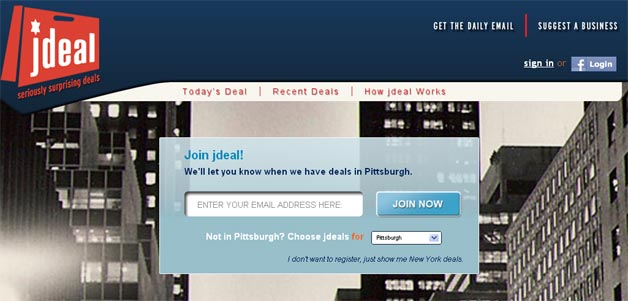
Businesses are not shy about turning to brands that don’t have the recognition of Groupon. Michael C. Podlesny owner of Mike the Gardener Enterprises tells us, "We used the website BuyWithMe.com and had a wonderful experience. They were easy to work with and ran our Seeds Club promotion in two cities. Although they do not have the draw of Groupon (which we also ran), the pull was large enough for us."
Danny Wong of Blank Label also shared some thoughts on the BuyWithMe experience. "We did a $100 gift card for $50 deal with BuyWithMe in two cities, NYC and Philadephia. NYC rocked and Philly bombed. I’m not sure if we’re supposed to give out exact numbers, but in total, we sold more than 100 gift cards, which was nice."
"It was an interesting experience working with BuyWithMe and would love to do a similar deal again, or perhaps with another group-buying site," says Wong. "It was also interesting justifying the economics from 50% off a gift card to another % rev share on the 50% of revenue that was left available, but that’s when the economics of lifetime-value-of-customer comes in, hoping we might be able to win in that respect because the economics clearly state we lose if the customer were to use the full value of the gift card and only purchase once."
"Hopefully the fact that we acquired new customers and got more reach because of the visibility we received during the promotion will help our business in the long-run."
When asked why he went with BuyWithMe over Groupon, Wong said, "Groupon’s queue for doing deals was too long since a lot of other small businesses wanted to do a deal with Groupon, and BuyWithMe’s sales people were very friendly and willing to work with us quickly and in the easiest manner. Plus, we believed we would get a better deal structure with BuyWithMe than with Groupon. Meaning the revenue share was more in our favor with BWM."
"It’s just a fact that they’re not as big as Groupon so you’re not reaching as many," he said.
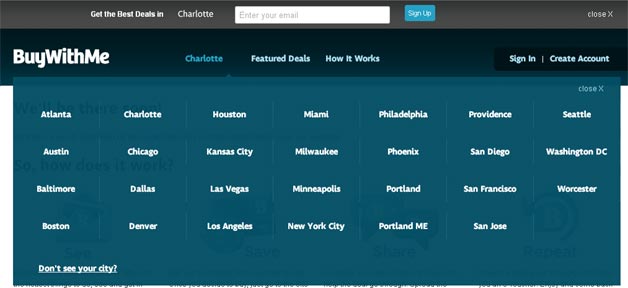
When asked how often he anticipates running such deals, told us, "Well, with non-compete clauses (not sure if that’s the technical term but it means you can’t work with other group buying sites for a certain period of time, not sure how long though) we would probably run a deal ever few months if we could."
An interesting side-effect of the deals service trend is that it has spawned other types of services that take advantage of them.
GoodTwo deals in fundraisers and causes. "GoodTwo is similar to Groupon only in the fact that it too shares a group buying model," GoodTwo Director of Marketing and Publicity, Kristen Elworthy, tells us. "The key distinction is that Groupon builds a database and markets deals to their list, where GoodTwo provides a menu of local and national deals that fundraisers can pick from and market to their own lists for the use of fundraising. "
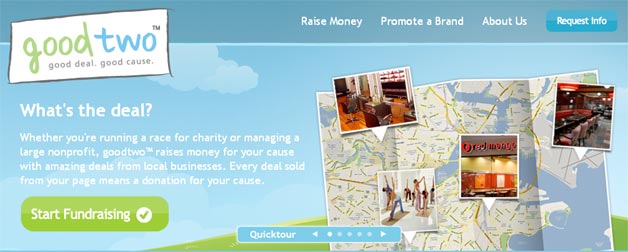
"We are more of a platform for fundraisers to take advantage of the daily deal market than a Groupon or a LivingSocial,” she says, noting that its parent company, CoupMe, is a traditional deal site. “This key difference makes us a hybrid group buying, cause marketing, and online fundraising platform."
Despite its differences, the ball has been quickly rolling for GoodTwo. "We just launched in January, so we were able to gain traction quite quickly. We also have national, online-based deals that open us up to all the states (we have a fundraiser in Kansas, for example, using only online deals)," says Elworthy. "We expect to continue rapid expansion throughout the nation, with local deals in major cities like D.C., Chicago, etc. coming soon. That said, we are also working on deals with large national and regional merchants that will facilitate our expansion."
Last week, CitySearch launched a local deals aggregator. Yahoo also recently announced Local Offers as it sets out to “build one of the largest and most comprehensive repositories of local offers on the Internet." Interestingly enough, shortly thereafter, Yahoo’s VP of Mobile Business Development and Partnerships left for Groupon.
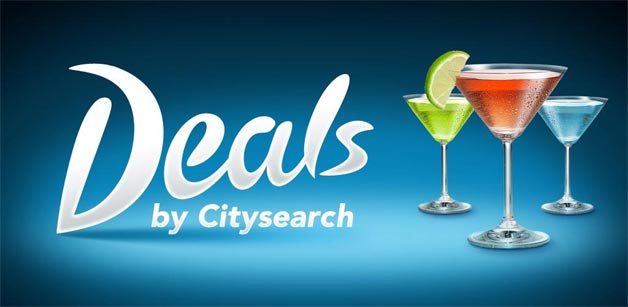
"The local landscape is exploding with new sources of content and advertising, and consumers want these experiences personalized just for them. Yahoo! is taking the complexity out of finding the great local deals that are most relevant to their interests and needs," said Yahoo Local VP Matt Idema. "With more than 180 million unique visitors to Yahoo! sites in the U.S., we are uniquely positioned to deliver our local-offer partners the massive scale and targeting needed to reach engaged audiences, grow their businesses, and drive foot traffic to local merchants."
Tim McCormack Beaty, a PR and marketing professional at C.Fox Communications tells WebProNews, "I’ve talked with the owner of a spa recently who confessed that she doesn’t get repeat business from these sites and heard from an owner in the food industry who remarked that he doesn’t think these ‘discount seekers’ will become his main customers."
"I have to wonder then, why customers – and business owners – feel this way and if it’s possible for both a buyer and a seller to really find group-buying sites worthwhile,” he adds. “There are some tips that might come in handy, learned from my experience in working with group-buying sites for my small business clients."
Beaty shared the following five tips for businesses to improve a group-buying strategy:
1. Throw out the notion of "discount seeker" – the public loves a good bargain but also recognizes good service and products. A business that thinks 50% off the price means 50% off the usual service is in big trouble. Word of mouth spreads just as quickly via discount seekers as it does from any other customer segment and perhaps more so.
2. Truly start a dialogue with your Grouponers and engulf them in your branded world – make sure they know how to sign-up for your newsletter, check out your blog, find you on Facebook, follow you on Twitter, etc. Make sure every interaction you have with them presents these options over and over again. You’re using a reduced price to start a conversation – make sure you’re giving them the chance to fully engage in that dialogue.
3. Offer "best foot forward" service to each Grouponer. By providing "white glove service" to these customers you will be presenting the best your company has to offer and will increase the opportunity for a repeat customer.
4. Have your next promotion already planned – don’t let your company fall off the radar once the Groupon deal is over. Keep customers engaged with ongoing promotions and marketing. Don’t worry about breaking the budget by continuing to offer deep discounts – a small offer or loyalty perk will do the trick. My husband found a new golf course through Groupon, and was thrilled with the free tees the course offered for his next round. It doesn’t take much. You hooked them with Groupon, gave them your best service, now keep your brand top of mind.
5. Follow up individually – sure, add the Grouponers to your email list for regular customer communication, but first try reaching out with an individual note expressing your thanks and hope they enjoyed your service/product and that you hope to see them again soon. It’s easy, inexpensive, and unexpected. This is also a great time for a short customer feedback survey.
One thing is clear. Businesses want to get involved with new "deals" and "offers" opportunities, and there is only an increasing number of them. It remains to be seen if Groupon can live up to its $15 billion valuation, and whether or not Google, Facebook, or any one player can truly dominate this space. My guess is that there will be plenty of winners.
Then you have the whole location-based services space with plenty of potential in this area as well.
Do you think Groupon can own the deals space the way Google owns the search space? Should Groupon have sold to Google when it had the chance? Tell us what you think.
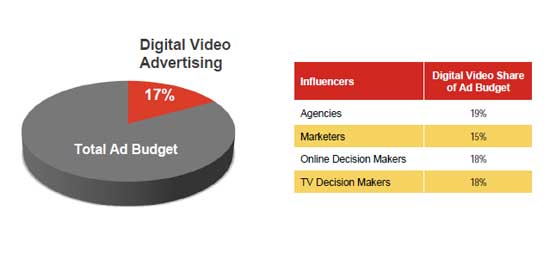


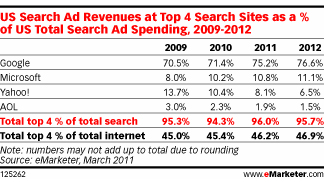






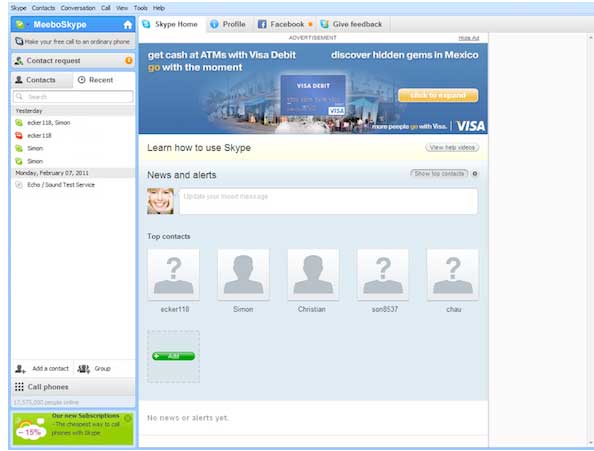
 So what will Groupon not talk about? Plans related to capital-raisng, IPOs, pre-announcements of new products, the competition (which is
So what will Groupon not talk about? Plans related to capital-raisng, IPOs, pre-announcements of new products, the competition (which is 





 Make of these what you will. Obviously, they’re not as simple and clear-cut as some people might like, but as anyone who’s tackled many physics problems can tell you, neither are the laws Google’s modeled them after.
Make of these what you will. Obviously, they’re not as simple and clear-cut as some people might like, but as anyone who’s tackled many physics problems can tell you, neither are the laws Google’s modeled them after.
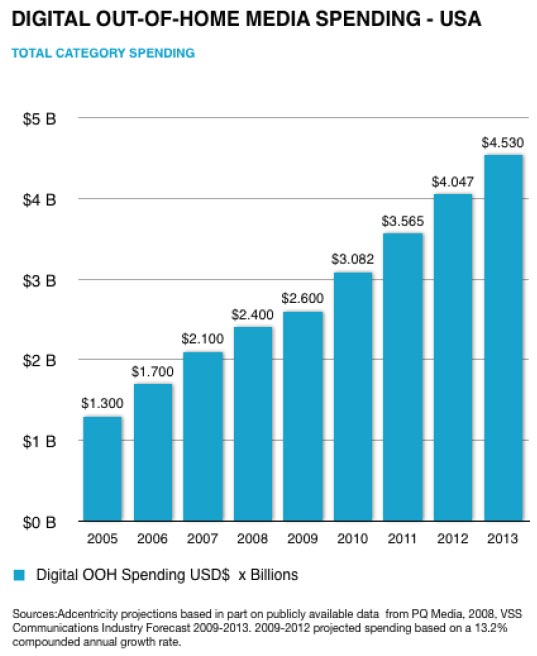
 "Technology plays a vital role in how people explore, develop and enable their passions," said Richard Gerstein, SVP, Strategy and Worldwide Marketing, Personal Systems Group at HP. "Five years ago the personal computer was the center of one’s connected life, while today people are at the center and their technology – across smartphones, tablets, PCs and cloud services – needs to provide seamless connectivity to what is important to them."
"Technology plays a vital role in how people explore, develop and enable their passions," said Richard Gerstein, SVP, Strategy and Worldwide Marketing, Personal Systems Group at HP. "Five years ago the personal computer was the center of one’s connected life, while today people are at the center and their technology – across smartphones, tablets, PCs and cloud services – needs to provide seamless connectivity to what is important to them."  Then Chandlee added, "By continuing to build our presence in the region, Facebook will be able to directly provide full support to advertisers here and help them create and execute campaigns that will have a meaningful impact on their businesses."
Then Chandlee added, "By continuing to build our presence in the region, Facebook will be able to directly provide full support to advertisers here and help them create and execute campaigns that will have a meaningful impact on their businesses."